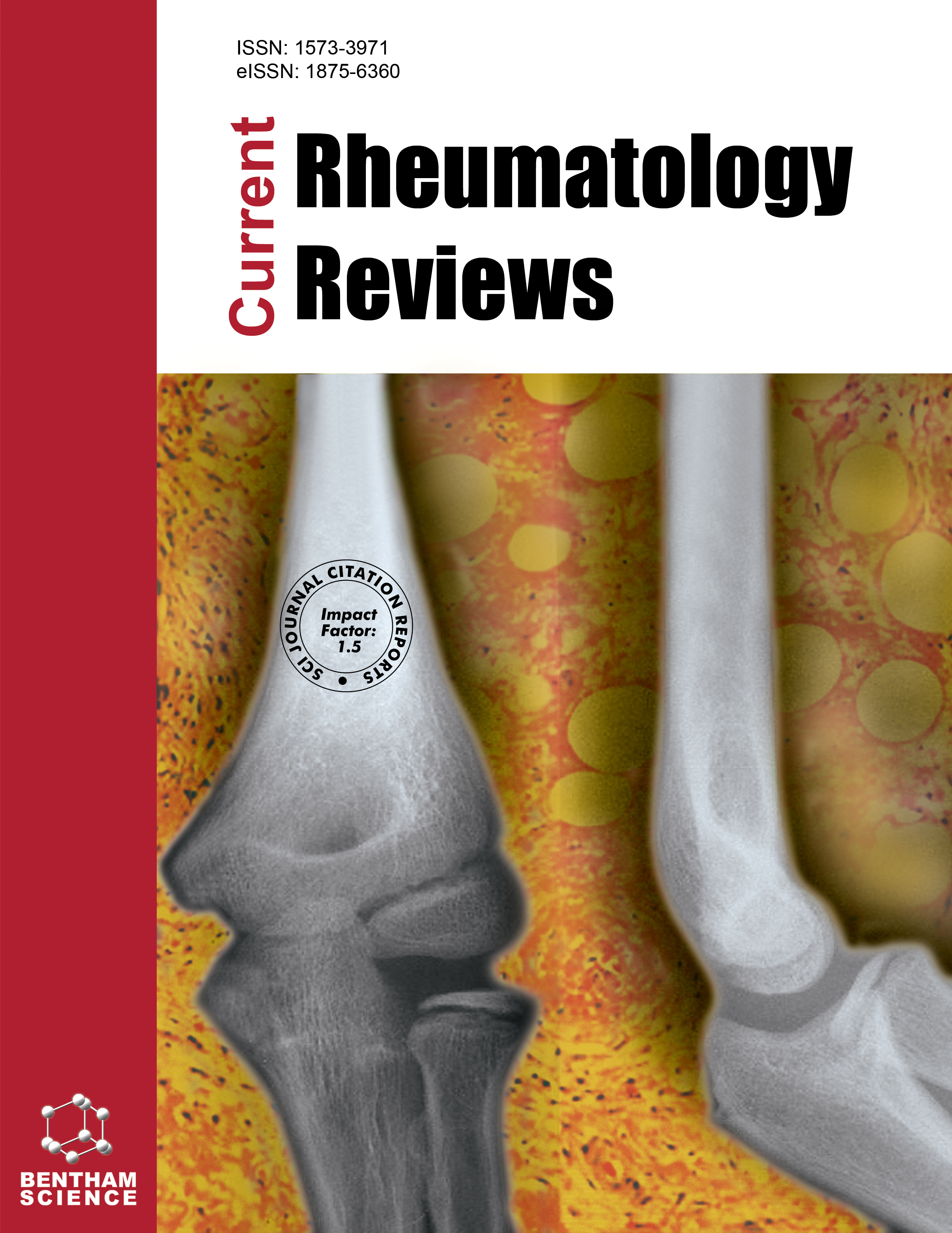-
oa Inflammatory Pathways in Knee Osteoarthritis: Potential Targets for Treatment
- Source: Current Rheumatology Reviews, Volume 11, Issue 1, Apr 2015, p. 50 - 58
-
- 01 Apr 2015
Abstract
Osteoarthritis (OA) of the knee is a wide-spread, debilitating disease that is prominent in Western countries. It is associated with old age, obesity, and mechanical stress on the knee joint. By examining the recent literature on the effect of the anti-inflammatory prostaglandins 15d-PGJ2 and Δ12-PGJ2, we propose that new therapeutic agents for this disease could facilitate the transition from the COX-2-dependent pro-inflammatory synthesis of the prostaglandin PGE2 (catalyzed by mPGES-1), to the equally COX-2-dependent synthesis of the aforementioned anti-inflammatory prostaglandins. This transition could be instrumental in halting the breakdown of cartilage via matrix metalloproteinases (MMPs) and aggrecanases, as well as promoting the matrix regeneration and synthesis of cartilage by chondrocytes. Another desirable property of new OA therapeutics could involve the recruitment of mesenchymal stem cells to the damaged cartilage and bone, possibly resulting in the generation of chondrocytes, synoviocytes, and, in the case of bone, osteoblasts. Moreover, we propose that research promoting this transition from pro-inflammatory to anti-inflammatory prostaglandins could aid in the identification of new OA therapeutics.


